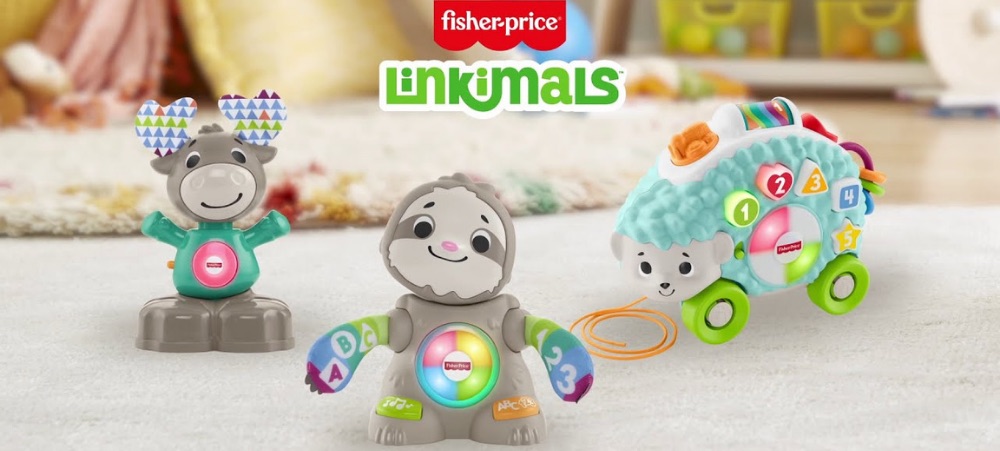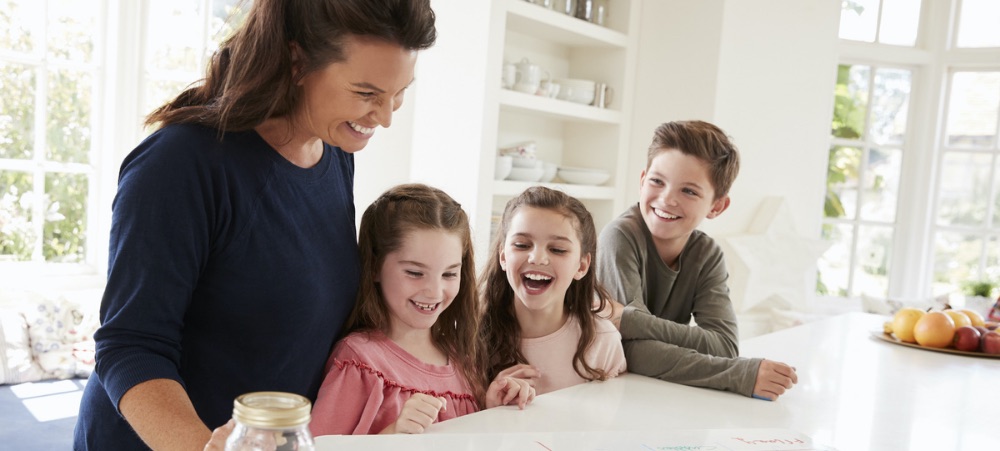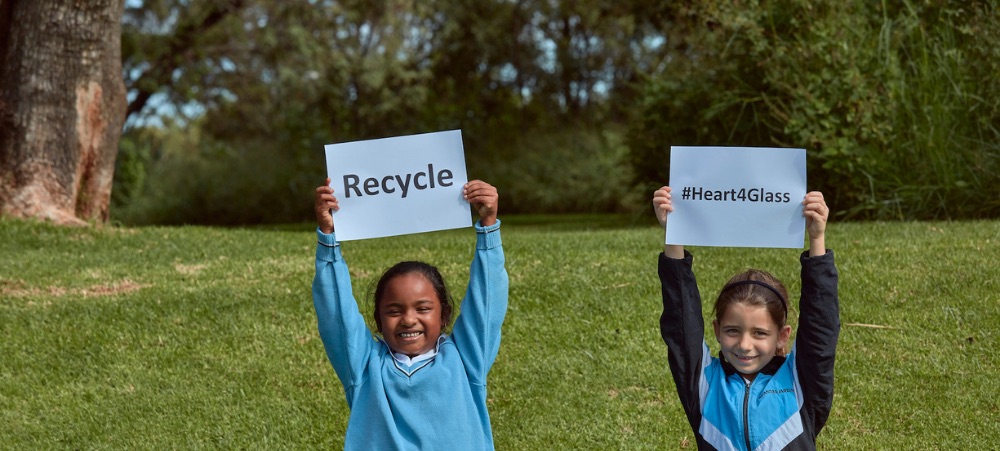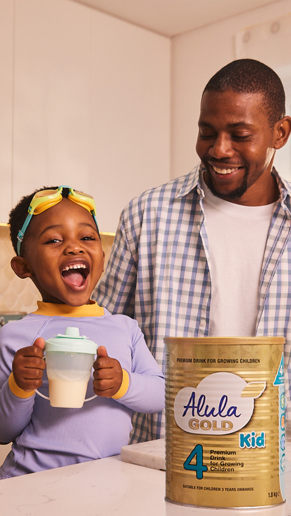
Care for your baby’s delicate skin with these top tips
Our little ones come into this world equipped with only their first line of defence: their skin. However, despite a full-term infant’s skin having all five epidermal skin layers intact, including the stratum basale, stratum spinosum, stratum granulosum, stratum lucidum and stratum corneum, there are big differences on how their skin differs from adult skin. This is because the skin cells, structures and composition in a baby’s skin are not yet fully developed at birth and functional maturity only develops during their first year. For the first 2 years of an infant’s life, thestratum corneum is still very thin, which results in your baby’s skin being more fragile, sensitive, permeable, dryer and more susceptible to infections. This is the reason why baby skin should be cared for with skincare products developed especially for baby, such as the JOMAR care range. Wondering how you can ensure even further that you are giving your little one the best care possible? Have a look at the following tips from the JOMAR team: Fragile skin needs sensible skincare Infant skin is 30% thinner than adult skin. This means that it is more prone to injury and damage. However, baby skin has a superpower: an increased healing and recovery ability thanks to the rate at which skin cells grow and mutate. This does not mean wounds on baby skin should be neglected, even if it is unlikely to leave a scar. The golden rule is to treat your baby’s damaged skin with a sensible skincare product that is specifically formulated to calm and support the skin’s natural recovery ability and reduce inflammation. Support sensitive baby skin with proper care Newborns often suffer from rashes, baby acne (milia), dry skin or red blotches; however, these conditions are normal and no reason for concern. Some infants do have more sensitive skin than others which could be caused or aggravated by several internal or external factors. Parents can manage external factors which include temperature changes, detergents, harsh water, harmful chemicals, the sun and wet diapers. Change diapers frequently and choose a skincare brand that you trust and are free from irritants, parabens, synthetic perfumes, colourants and soap. Protect permeable skin from harmful ingredients Because baby skin has an impaired barrier function, topical ingredients penetrate their skin easily and could cause skin sensitivity or a reaction to certain ingredients. Always be conscious of the fact that what you apply to your little one’s skin can seep into the deeper layer of the skin and take stock of all ingredients in a product before using it. Dry and flaky skin? It won’t be always like that! Worried that your baby’s skin is very dry and flaky? Don’t be: it is completely normal during the first three months of life. At birth, a baby’s sebum secretion is very high which could cause tiny white “pimples”, but thereafter it decreases. This low level of sebum in the epidermis and the reduced water holding capacity of the immature skin cells, result in your baby having dry skin. This will change over time and your baby’s skin will become even more hydrated and supple than adult skin. Ensure that you are using a safe, effective and natural skin moisturiser to relieve dry, uncomfortable skin. Keep your environment hygienic to curb infections The reason why babies are more vulnerable to infections is that their skin (as part of the immune system) is not yet fully prepared to offer optimal protection. They are more susceptible to chemical irritants and bacteria compared to adults, due to their impaired barrier function. We need to ensure the baby’s environment is hygienic and clean to prevent any unwanted germs causing skin irritation, rashes and infections. Consider the best skincare possible Based on the above, it is clear why we should carefully consider the skincare choices we make for our little ones. You have to be comfortable with your brand of choice and it is always easier if they share your values. Use a brand that you can really trust and that is kind to skin and the environment! To find out more about JOMAR’s clean beauty approach, be sure to visit their website here. www.jomarbaby.com


































